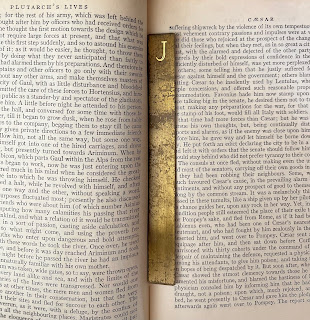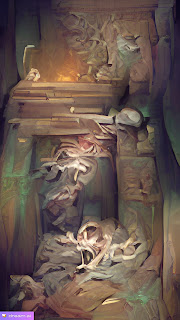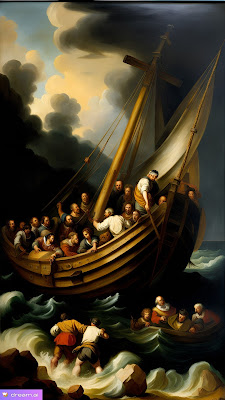Three New Additions To My Desk

Actually, it’s an ad-duck-tion. I missed the perfect opportunity to say, “and they’re in a row, too!” Silly goose.
HEAD(hed), (n.) 1. the top part of the human body or the front part of an animal where the eyes, nose, east and mouth are. "Your brain is in your head."
DIBS(dibz), (n.) 2. a thick, sweet syrup made in countries of the East, especially the Middle East, from grape juice or dates. [Arabic "debs"]--World Book Dictionary, 1976.

















